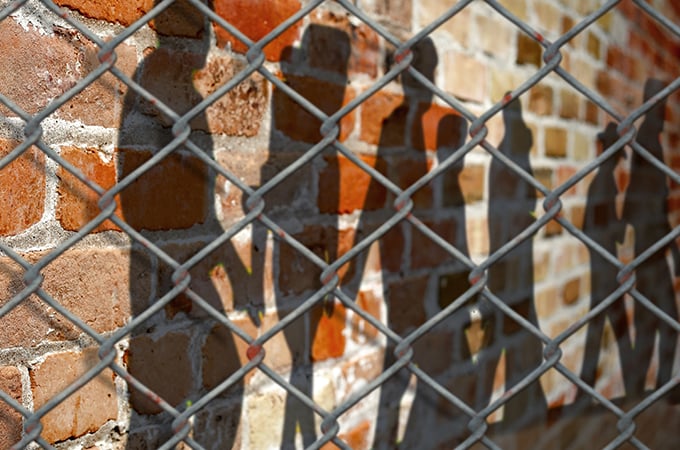Are we entirely the result of our environment? Are our past actions a direct reflection of our character? What is the value of a life? After watching the documentary They Call Us Monsters at the University of Redlands’ Orton Center last Thursday, I was left with these questions.
In this movie, creator Ben Lear sheds valuable insight into the world of juveniles with life sentences. With powerful subject matter and masterful conceptualization, the film was captivating, each scene leaving me eager to find out how the story and those featured in it would develop.
Before watching They Call Us Monsters, I knew little to nothing about the issue of justice for juveniles under California Senate Bill 260, a law that went into effect in 2014 that gives a second chance to most people who were under the age of 18 at the time of their crime. From the film, I learned many juveniles convicted of serious crimes are tried as adults and kept in a separate compound.
Lear’s documentary follows three boys living in such a compound who signed up for a screenwriting class: Antonio Hernandez, Jarad Nava, and Juan Gamez. Their convictions range from charges of attempted murder to first degree murder, and slowly each boy’s character and the story of how he ended up in the compound is revealed.
As the screenwriting classes progress, Jarad, Anthony, and Juan become close, and they develop a bond with the screenwriting teacher. Their task is to create a screenplay that will be produced outside of the prison by their teacher. The finished film, Los, can be viewed at http://insideoutwriters.org.
They Call Us Monsters contrasts the actions that have the three prisoners facing life sentences and glimpses of their jovial boyhood still remaining. I was filled with conflicting emotions throughout. I appreciated that the consequences of such serious crimes were not swept under the rug: a victim of one of the shootings shares her story, and a large part of the film follows the struggles of the prisoners’ families. The prisoners are not made out to be innocent victims of the prison system; it was made clear that they committed serious crimes and are dealing with the repercussions.
Yet, I also felt the film was successful in demonstrating that these are no “little Charles Mansons,” as a state senator in the documentary called them. I saw the boys experience a wide breadth of emotions, and the emotional walls they built up start coming down. Because the prisoners became so vulnerable, I felt connected to them and their raw humanity in a way I did not expect given their crimes.
Lear was available for questions after the showing at Redlands. He commented that after the experience of making the film he no longer thinks that there is a type of person who can pull the trigger and one who cannot. The remark encapsulated the feeling I was left with after observing the film. The boys’ empowerment from the creative process of screenwriting sparked hope in both them and me. Through their introspection and self-discovery, I felt an overwhelming sense of aspiration for these young people, despite their circumstances.
I am grateful to have had the opportunity to watch the film, as it provided me insight into the lives of an often-forgotten part of the population, educated me on the debate, about juvenile justice reform, and left me with a hunger to learn more.






